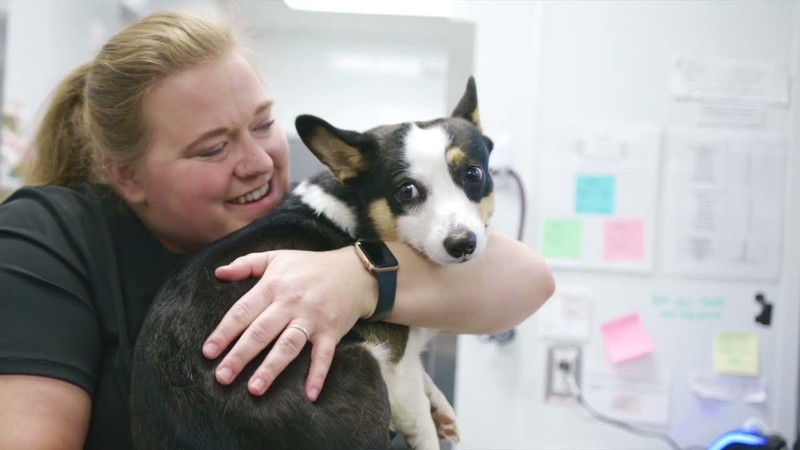Our lives are characterized by both mental and physical changes as we age. Nonetheless, having a pet is a significant approach to improving our quality of life at this point. Pets help us stay active, connected, and involved in the world by providing us with company, emotional support, and a sense of purpose. It is often acknowledged that having a pet at a later age improves one’s physical and emotional health.
Key Takeaways
Having a pet can significantly improve the quality of life for seniors by providing physical and emotional benefits, fostering social bonds, and promoting physical activity.
- Pets help lower blood pressure, cholesterol levels, and body mass index in older adults, reducing symptoms of despair and anxiety.
- Pet ownership promotes social connection through dog-walking groups or pet therapy programs, leading to improved mental health.
- Caring for a pet can give seniors a sense of purpose, helping them overcome loneliness and isolation, while also encouraging physical activity.
Pet ownership benefits
Research has revealed that older persons who own pets have lower blood pressure, cholesterol levels, and body mass index than those who do not own pets. Pets can also provide emotional support, reducing symptoms of despair and anxiety. Aside from these physical and emotional benefits, pet ownership promotes social connection, whether through dog-walking groups or pet therapy programs, resulting in improved mental health.
Furthermore, taking on the task of caring for a pet can provide seniors with a sense of purpose, which can help them overcome loneliness and isolation. Pets encourage their owners to participate in physical activity, such as walking or playing, which is critical for preserving mobility and independence.
Support for pet care
The advantages of having a pet also include the assistance that pet owners can receive. Many workplaces have started to provide pet care leave in recognition of the changing notion of family and the fact that pets are essential family members. In Singapore, for instance, several businesses provide “pawrental” leave so that staff members can care for their ailing dogs or adopt new ones. Although this benefit is still uncommon, it shows how pet care is becoming increasingly recognized as a means of fostering mental health and wellbeing.
The concept of offering pet care leave is a relatively new one, but we do see it as one of the evolving benefits in a company’s talent hiring and retention strategies
Mr Monty Sujanani, Head of Contracting – South East Asia, Robert Walters
The necessity of assistance in pet care is further shown by some initiatives and policies from different bodies. Mars Petcare has introduced a Pet Care Leave certificate in Australia, allowing employees to take time off to care for their pets.
Mars Pet Nutrition, which is also under Mars, Inc., along with Mars Petcare, will introduce a new policy in Southeast Asia starting in 2025, offering employees one day of paid leave for pet adoption or bereavement. In addition, Mars allows employees to bring their pets to work, promoting more time together.
In the United States, while specific policies regarding pet care leave are not widely reported, some employers are beginning to implement ‘Fur-ternity Leave’ to support employees with new pets. Additionally, a bill aimed at expanding the use of paid sick leave to pet care has previously been introduced.
Pet care and mental health
There is no denying that having a pet has therapeutic advantages. Particularly for elderly people who may experience loneliness as a result of deteriorating health or limited mobility, pets provide a special kind of companionship that makes owners feel connected. Having a pet can improve mental health by encouraging nurturing habits and empathy.
In addition, the emotional connection that exists between people and their pets offers happiness, solace, and unconditional love—all of which can be very helpful in trying times. With pet ownership on the rise worldwide, support for pet care—both in the form of social acknowledgment and pet care leave—is essential to enabling people to fully enjoy the numerous advantages of owning a pet.
Summary
Owning a pet improves the quality of life for seniors by providing physical and emotional benefits such as lower blood pressure and reduced anxiety. Pets foster social bonds, companionship, and physical activity. With increasing support for pet care, including legislation such as pet care leave, it’s critical to recognize and promote pets’ positive impact on mental health and well-being.















